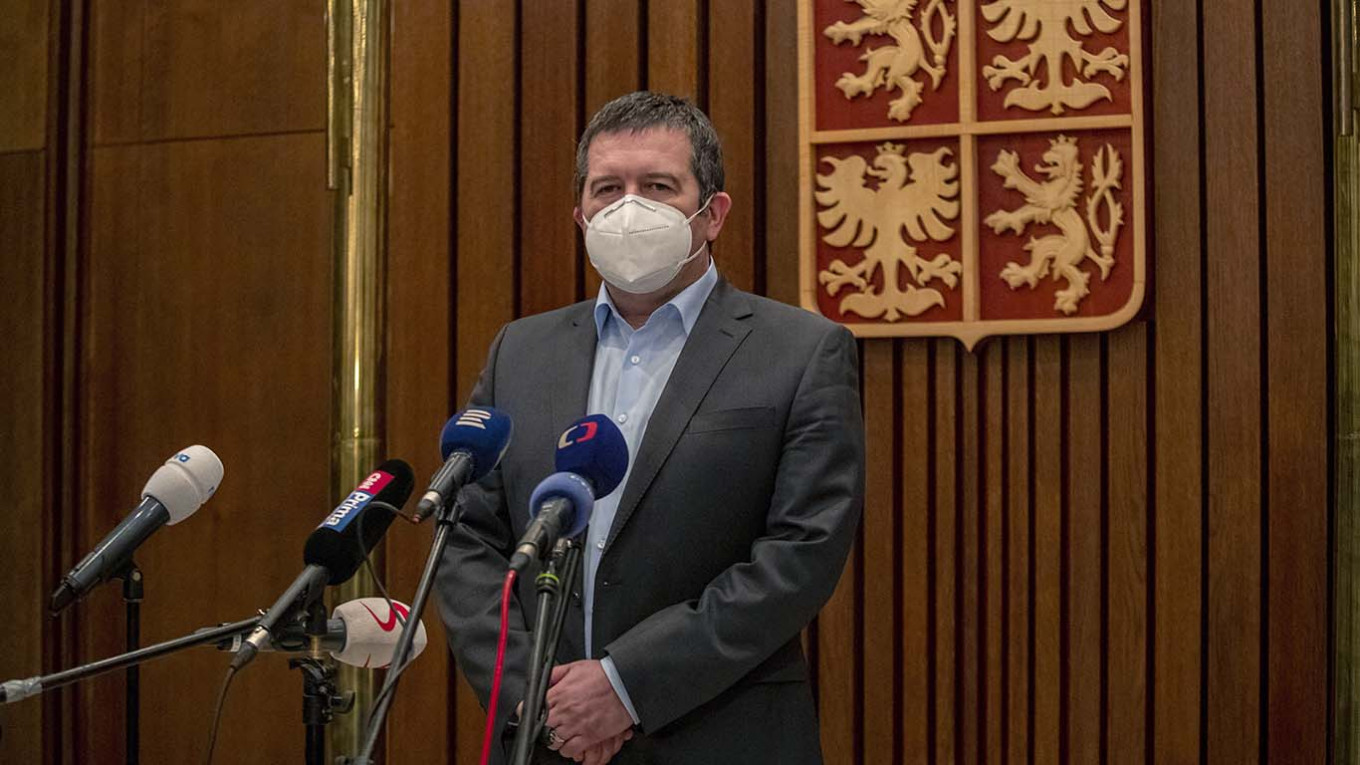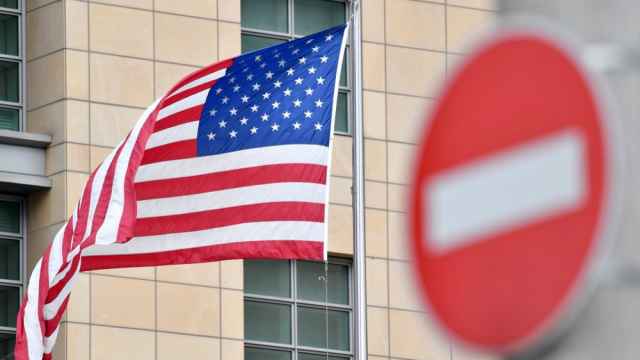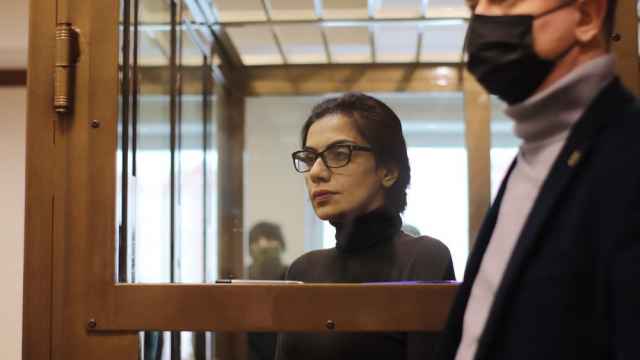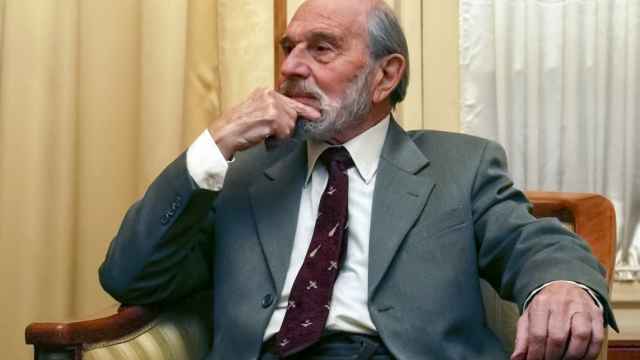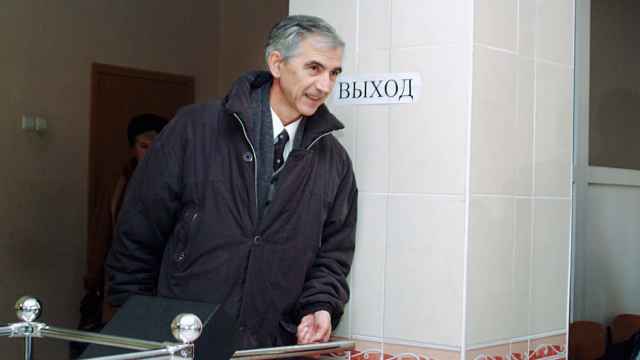The Czech Republic on Tuesday called on its EU and NATO partners to expel Russian diplomats in solidarity, accusing Moscow of orchestrating an "unprecedented terror attack" on Czech territory.
Foreign and Interior Minister Jan Hamacek said he would summon the Russian ambassador Wednesday to disclose further steps after the expulsion of 18 Russian diplomats believed by Prague to be secret agents, and of 20 Czechs from Moscow in retaliation.
"We are calling for collective action of EU and NATO countries aimed at solidarity expulsions," Hamacek told reporters.
The call comes after Prague accused Russian secret services of orchestrating a fatal explosion on Czech territory in 2014 with the alleged culprits identified as suspects in the 2018 poisoning of former Russian double agent Sergei Skripal.
Czech Prime Minister Andrej Babis said the incident which killed two people was "an unprecedented terror attack on our territory which is unacceptable."
The expelled diplomats left their posts at the sprawling Russian Embassy and the much smaller Czech representation on Monday.
"We have expelled 18 officers of the (secret services) SVR and GRU and we are able to prove that every single one of them was just that," Hamacek said.
He said he had summoned Russian Ambassador Alexander Zmeyevsky to protest against what Prague views as a disproportionate response.
"It is only logical that if the Czech Republic takes further action, the Russian ambassador must be the first to hear it," Hamacek said.
'Unprecedented terror attack'
Citing an intelligence report, the Czech government has said that Russia's military secret service GRU orchestrated two explosions in 2014, one of which killed two people and caused extensive material damage.
In connection with the blasts, Czech police are seeking two men also identified as suspects in the 2018 poisoning of former Russian double agent Sergei Skripal in Salisbury, England.
The Czech government also decided on Monday to rule Russia's atomic energy agency Rosatom out of a tender to build a new unit at a Czech nuclear plant.
Hamacek further said the Czech government would stop considering buying the Russian-made Sputnik V vaccine against Covid-19.
Babis said Monday that the ammunition targeted in the explosions belonged to a Bulgarian arms dealer who probably sold arms to entities fighting against Russia.
The attacks happened in the same year that Russia annexed the Crimean peninsula from Ukraine and a conflict broke out between Ukrainian forces and Russia-backed rebels in the east of the country.
Babis said the fatal attack was "fumbled," as the military material was probably meant to explode on its way to Bulgaria and not on Czech territory.
The Bulgarian arms dealer, the Emco company owned by entrepreneur Emilian Gebrev, denied any deals involving the depot at that time.
Gebrev himself was the victim of an attempted poisoning in 2015 in the Bulgarian capital Sofia, and an investigation for his attempted murder is ongoing.
A Message from The Moscow Times:
Dear readers,
We are facing unprecedented challenges. Russia's Prosecutor General's Office has designated The Moscow Times as an "undesirable" organization, criminalizing our work and putting our staff at risk of prosecution. This follows our earlier unjust labeling as a "foreign agent."
These actions are direct attempts to silence independent journalism in Russia. The authorities claim our work "discredits the decisions of the Russian leadership." We see things differently: we strive to provide accurate, unbiased reporting on Russia.
We, the journalists of The Moscow Times, refuse to be silenced. But to continue our work, we need your help.
Your support, no matter how small, makes a world of difference. If you can, please support us monthly starting from just $2. It's quick to set up, and every contribution makes a significant impact.
By supporting The Moscow Times, you're defending open, independent journalism in the face of repression. Thank you for standing with us.
Remind me later.


